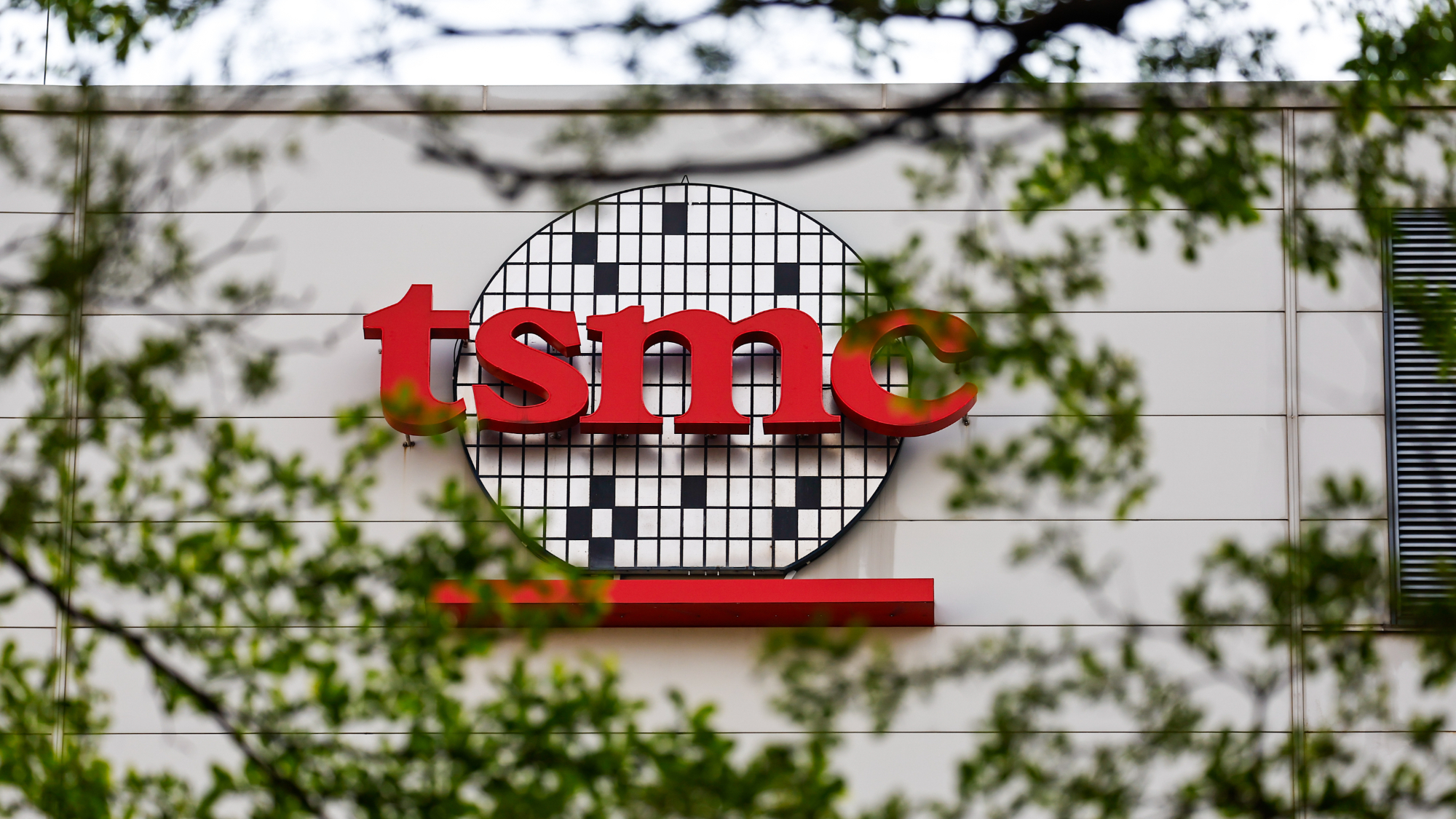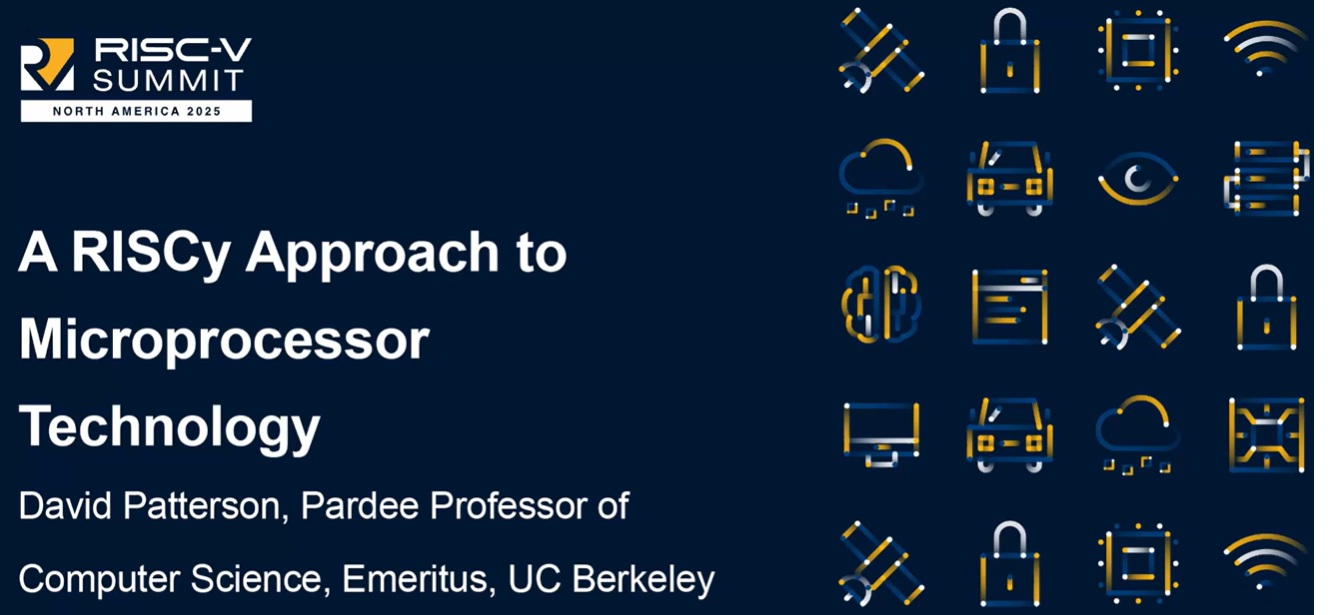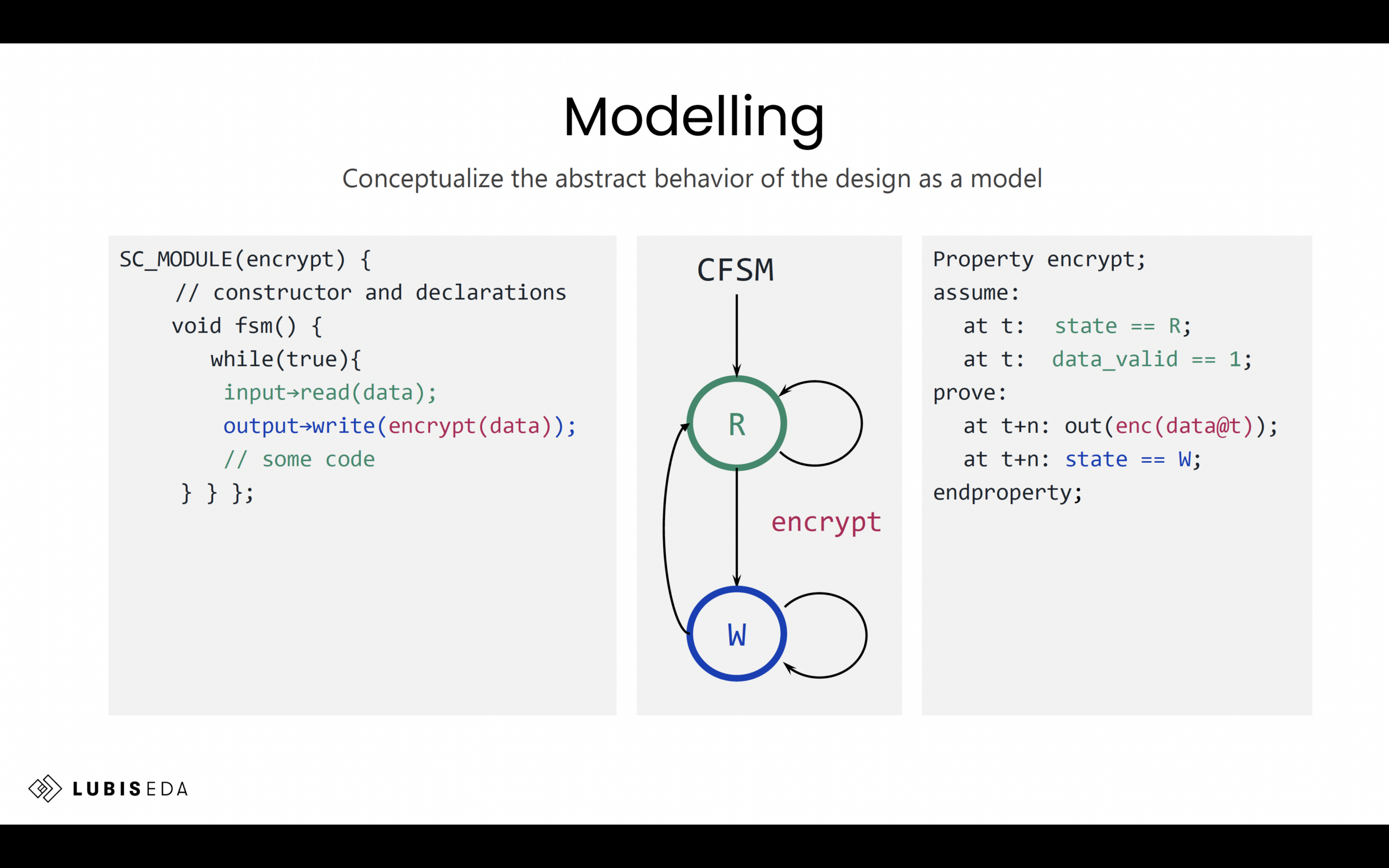SemiWiki readers from a digital IC background might find it surprising that post-PCB route analysis for high speed serial links isn’t a routine and fully automated part of the board design process. For us, the difference between pre- and post-route verification is running a slightly more accurate extraction and adding SI modelling,… Read More
 Why TSMC is Known as the Trusted FoundryTaiwan Semiconductor Manufacturing Company (TSMC) is widely regarded…Read More
Why TSMC is Known as the Trusted FoundryTaiwan Semiconductor Manufacturing Company (TSMC) is widely regarded…Read More Journey Back to 1981: David Patterson Recounts the Birth of RISC and Its Legacy in RISC-VIn a warmly received keynote at the RISC-V…Read More
Journey Back to 1981: David Patterson Recounts the Birth of RISC and Its Legacy in RISC-VIn a warmly received keynote at the RISC-V…Read More Assertion-First Hardware Design and Formal Verification ServicesGenerative AI has transformed software development, enabling entire…Read More
Assertion-First Hardware Design and Formal Verification ServicesGenerative AI has transformed software development, enabling entire…Read More TSMC's Customized Technical Documentation Platform Enhances Customer ExperienceTaiwan Semiconductor Manufacturing Company, the world's leading dedicated…Read More
TSMC's Customized Technical Documentation Platform Enhances Customer ExperienceTaiwan Semiconductor Manufacturing Company, the world's leading dedicated…Read MorePodcast EP131: Intrinsic ID – Implementing Security Across the Electronics Ecosystem
Dan is joined by Pim Tuyls, CEO of Intrinsic ID. Pim founded the company in 2008 as a spinout from Philips Research. With more than 20 years of experience in semiconductors and security, Pim is widely recognized for his work in the field of SRAM PUF and security for embedded applications. He speaks at technical conferences and has… Read More
Synopsys Crosses $5 Billion Milestone!
“We intend to grow revenue 14% to 15%, continue to drive notable ops margin expansion and aim for approximately 16% non-GAAP earnings per share growth.”
Synopsys, Inc. (NASDAQ:SNPS) Q4 2022 Earnings Call Transcript
Synopsys is the EDA bellwether since they report early and are the #1 EDA and #1 IP company. In addition to crossing… Read More
VeriSilicon’s VeriHealth Chip Design Platform for Smart Healthcare Applications
The wearables electronics market is a large and fast growing one. According to Precedence Research, the global wearable technology market is expected to grow at a compound annual growth rate of 13.89% during the forecast period 2022 to 2030. Precedence estimated the global wearable technology market size at USD 121.7 billion… Read More
eFPGAs handling crypto-agility for SoCs with PQC
With NIST performing its down-select to four post-quantum cryptography (PQC) algorithms for standardization in July 2022, some uncertainty remains. Starting an SoC with fixed PQC IP right now may be nerve-wracking, with possible PQC algorithm changes before standardization and another round of competition for even more … Read More
TSMC OIP – Analog Cell Migration
The world of analog cell design and migration is quite different from digital, because the inputs and outputs to an analog cell often have a continuously variable voltage level over time, instead of just switching between 1 and 0. Kenny Hsieh of TSMC presented on the topic of analog cell migration at the recent North American OIP … Read More
Bizarre results for P2P resistance and current density (100x off) in on-chip ESD network simulations – why?
Resistance checks between ESD diode cells and pads or power clamps, and current density analysis for such current flows are commonly used for ESD networks verification [1]. When such simulations use standard post-layout netlists generated by parasitic extraction tools, the calculated resistances may be dramatically higher… Read More
Don’t Lie to Me
Some things just really rile me up. Mark Zuckerberg testifying before Congress. Bernie Madoff explaining his investment strategy. Elon Musk inveighing against restrictions on free speech. But there is a new candidate for boiling my blood – word of a potential merger of vehicle data aggregators Wejo and Otonomo.
These two… Read More
Podcast EP130: Alphawave IP’s Rise in the Semiconductor Ecosystem with Tony Pialis
Tony Pialis, co-founder and CEO of Alphawave, a global leader in high-speed connectivity IP enabling industries such as AI, autonomous vehicles, 5G, hyperscale data centers, and more. He is the former VP of Analog and Mixed-Signal IP at Intel and has co-founded three semiconductor IP companies, including Snowbush Microelectronics… Read More
Webinar: Flexible, Scalable Interconnect for AI HW System Architectures
Building next generation systems is a real balancing act. The high-performance computing demands presented by increasing AI an ML content in systems means there are increasing challenges for power consumption, thermal load, and the never-ending appetite for faster data communications. Power, performance, and cooling … Read More








Quantum Computing Technologies and Challenges